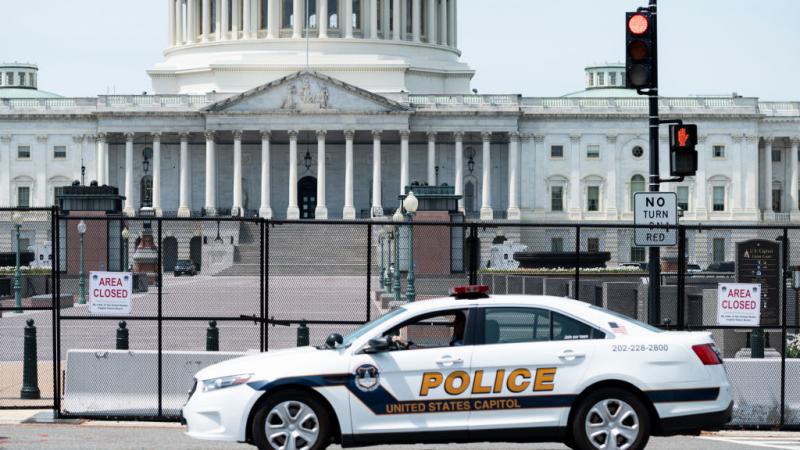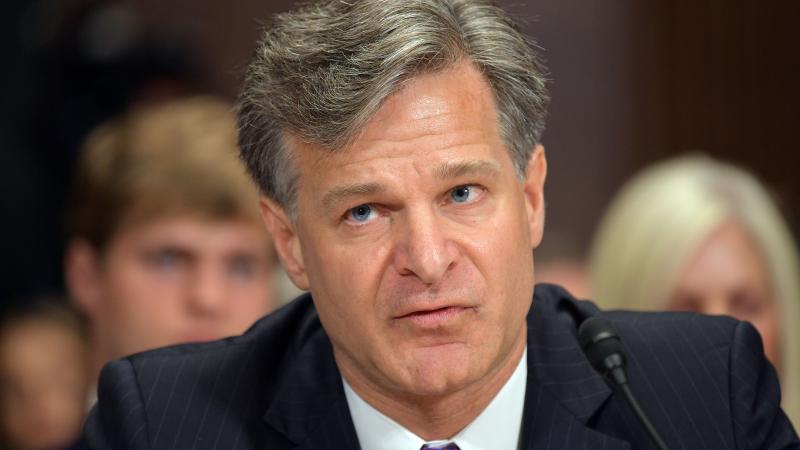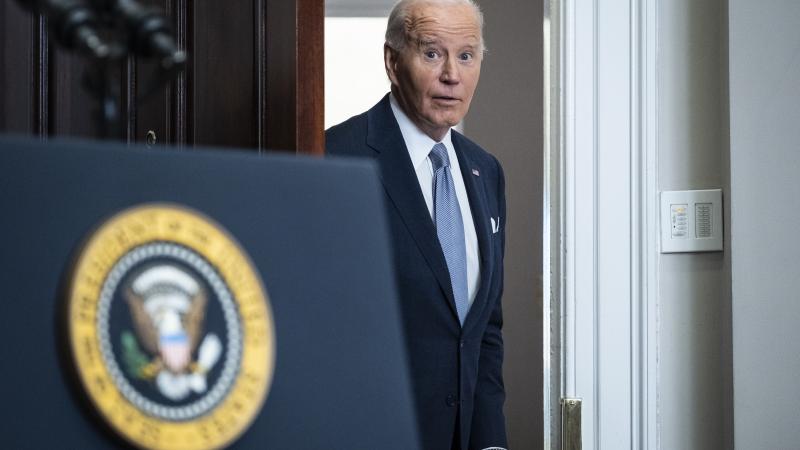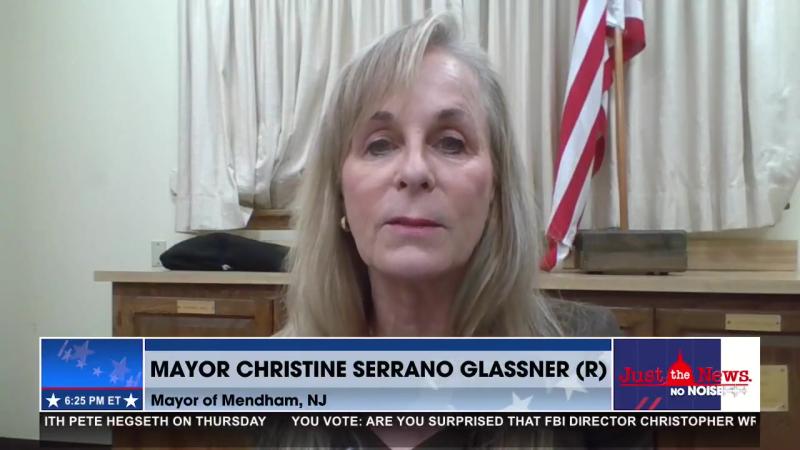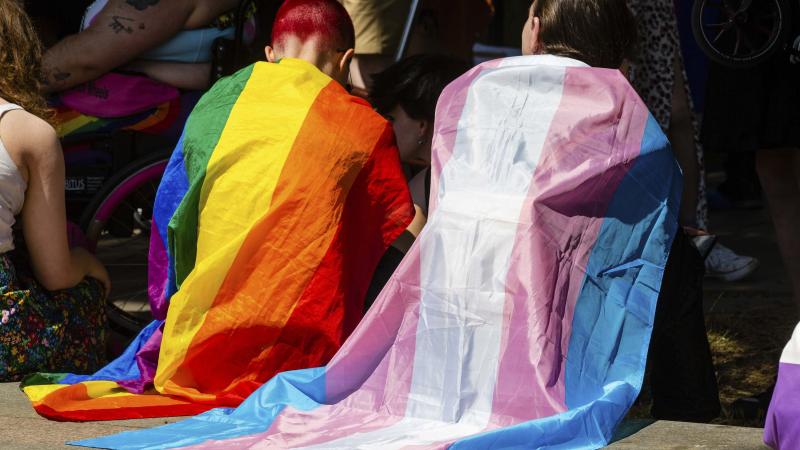5 ways your privacy could change after coronavirus
As Americans continue to grapple with the fallout from the coronavirus, technology is increasingly being used to track and monitor individuals with the aim to slow pandemic or identify potential threats.
These efforts include employing the latest technology to implement health screening measures or harnessing the power of cellphone location data to detect COVID-19 hot spots.
Many welcome anything that could alert them when they’ve been in contact with others who may be showing symptoms of Covid-19 or ensure they'll enter a place free from the disease. However, these tools and measures come at a price: the loss of privacy.
This has created a debate between civil liberties and public health in which many are asking how much surveillance is acceptable in the service of keeping the population protected?
Here are five examples of efforts to protect us that comes with increased surveillance:
Government Tracking Apps: Apple and Google have partnered to develop contact-tracing technology to allow public health officials to develop contact-tracing apps. Already the North Dakota Department of Health is just one of many local governments creating smartphone apps, like Care19, designed to track COVID-19 patients and those who they interact with. The U.S. is not alone in launching these tools. Some countries, like South Korea, for example, already have the ability to retrace an infected person’s steps using credit card transactions and cellphone tracking data.
Temperature Checks: Airlines such as Southwest are already pushing the Transportation Security Administration for passenger temperature checks as part of more rigorous traveler health screenings. But stores and workplaces may require health checks, too. In New York, a bill to do just that is being considered that will allow businesses to take the temperature of workers, customers and vendors.
National Coronavirus Surveillance System: White House Advisor and Trump son-in-law Jared Kushner has proposed a national coronavirus surveillance system that would allow federal officials to track hospitals bed availability and the flow of patients into emergency rooms across the country. But the plan would rely on expanding the government’s use of individual patient data.
Thermal Cameras: Thermal cameras that can detect a rise in body temperature are starting to be used in hospitals and factories, and may be used in some schools this fall. But the technology seems to be catching on. One New Hampshire apartment complex is using them to scan workers for any signs of a fever. The camera is set up to monitor a specific area and will set off an alarm if a person's body temperature goes over 100 degrees.
Immunity Passports: Countries like the U.S., Germany and Chile are studying the feasibility of a government-issued passport for those who have developed antibodies against the coronavirus. This would allow for travel outside the country. But the World Health Organization is warning there’s no evidence yet that people who have had Covid-19 will not get a second infection.


